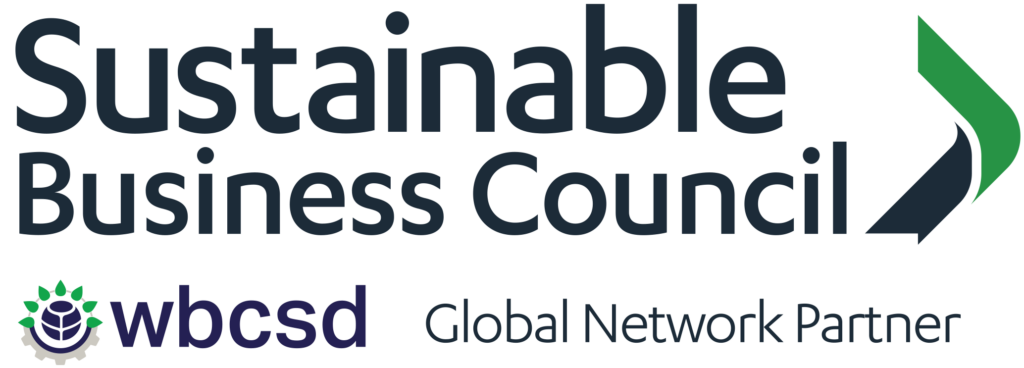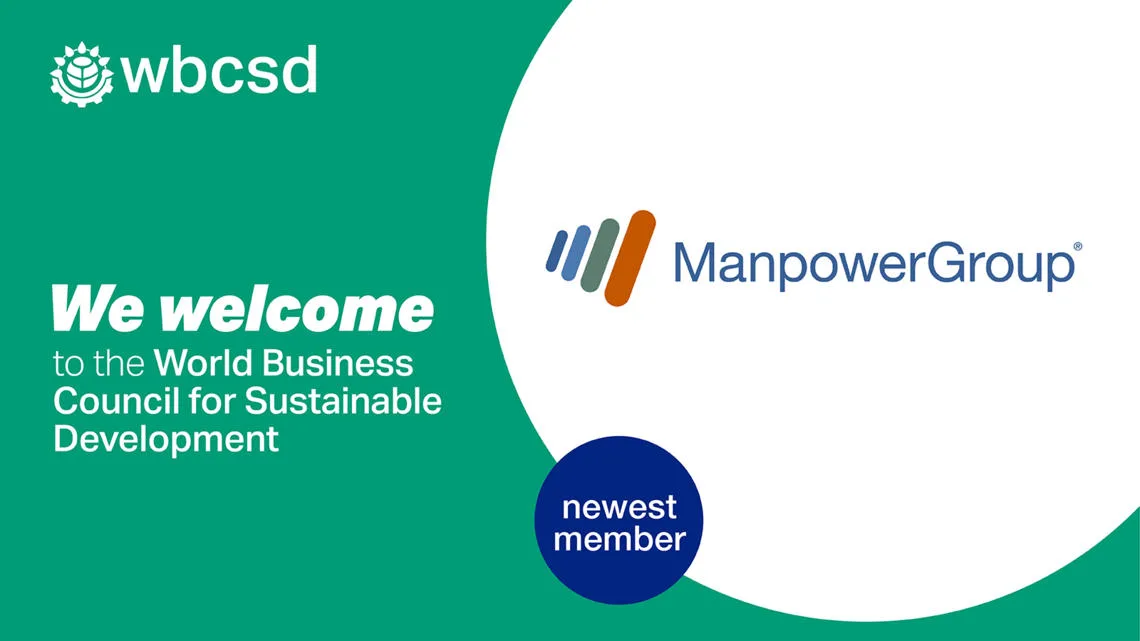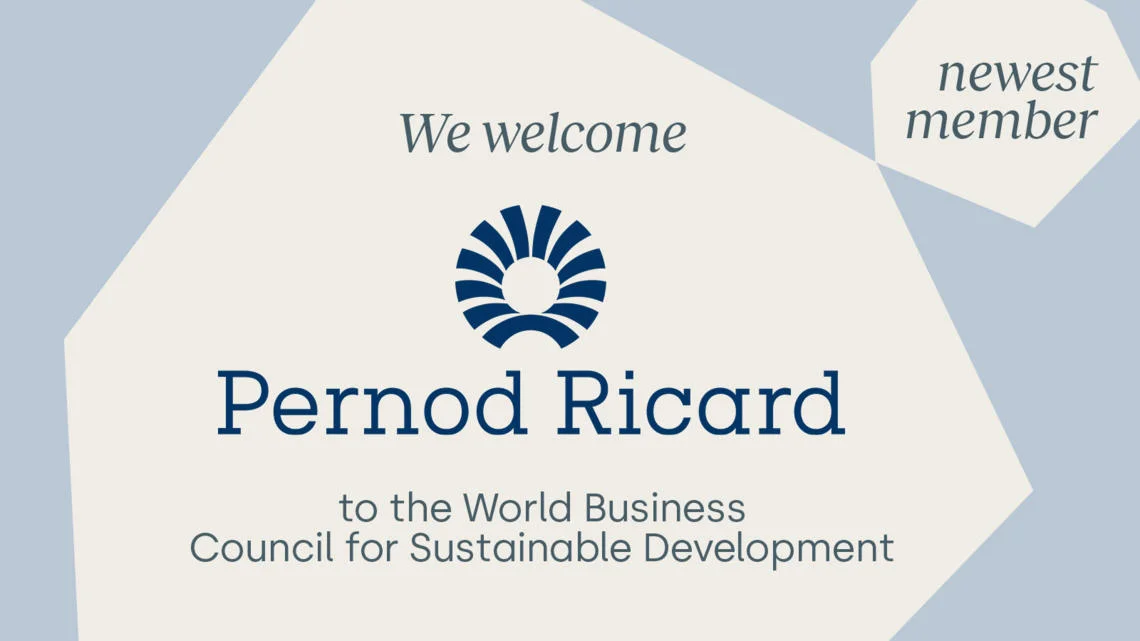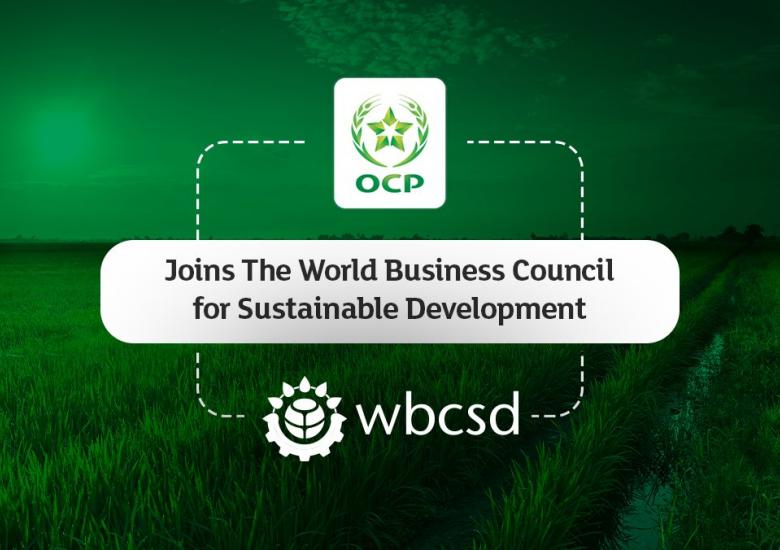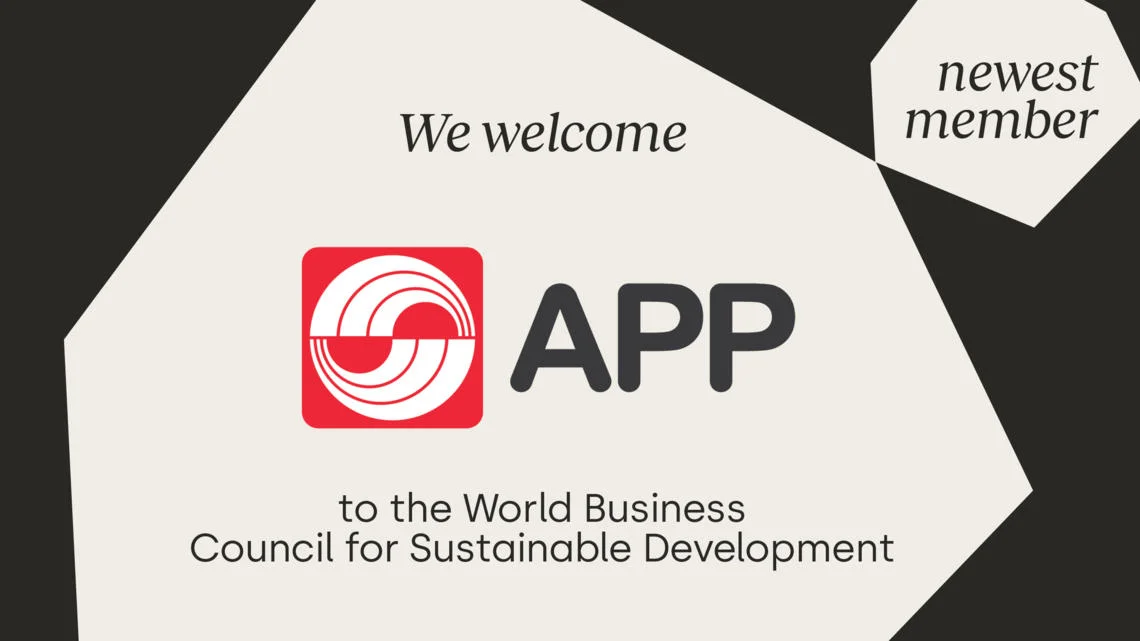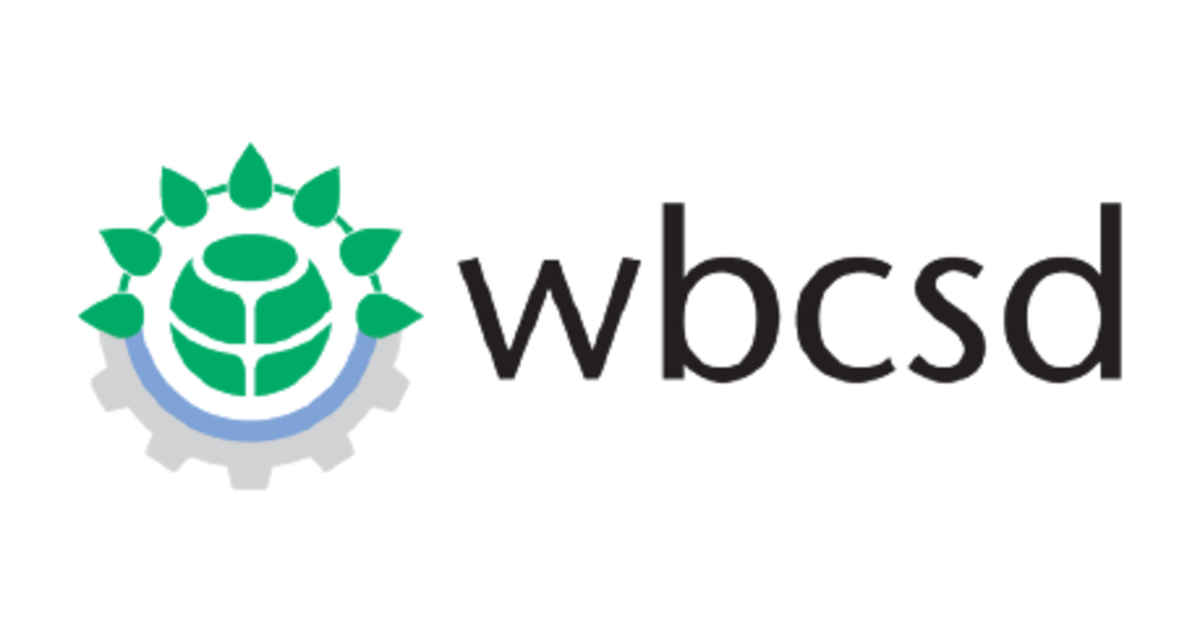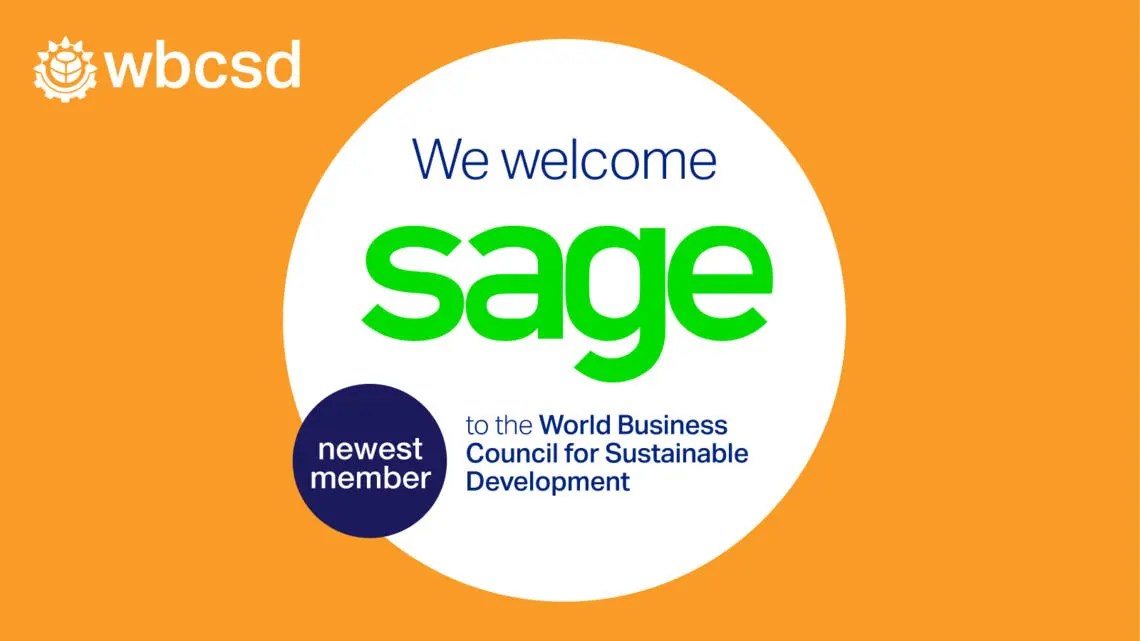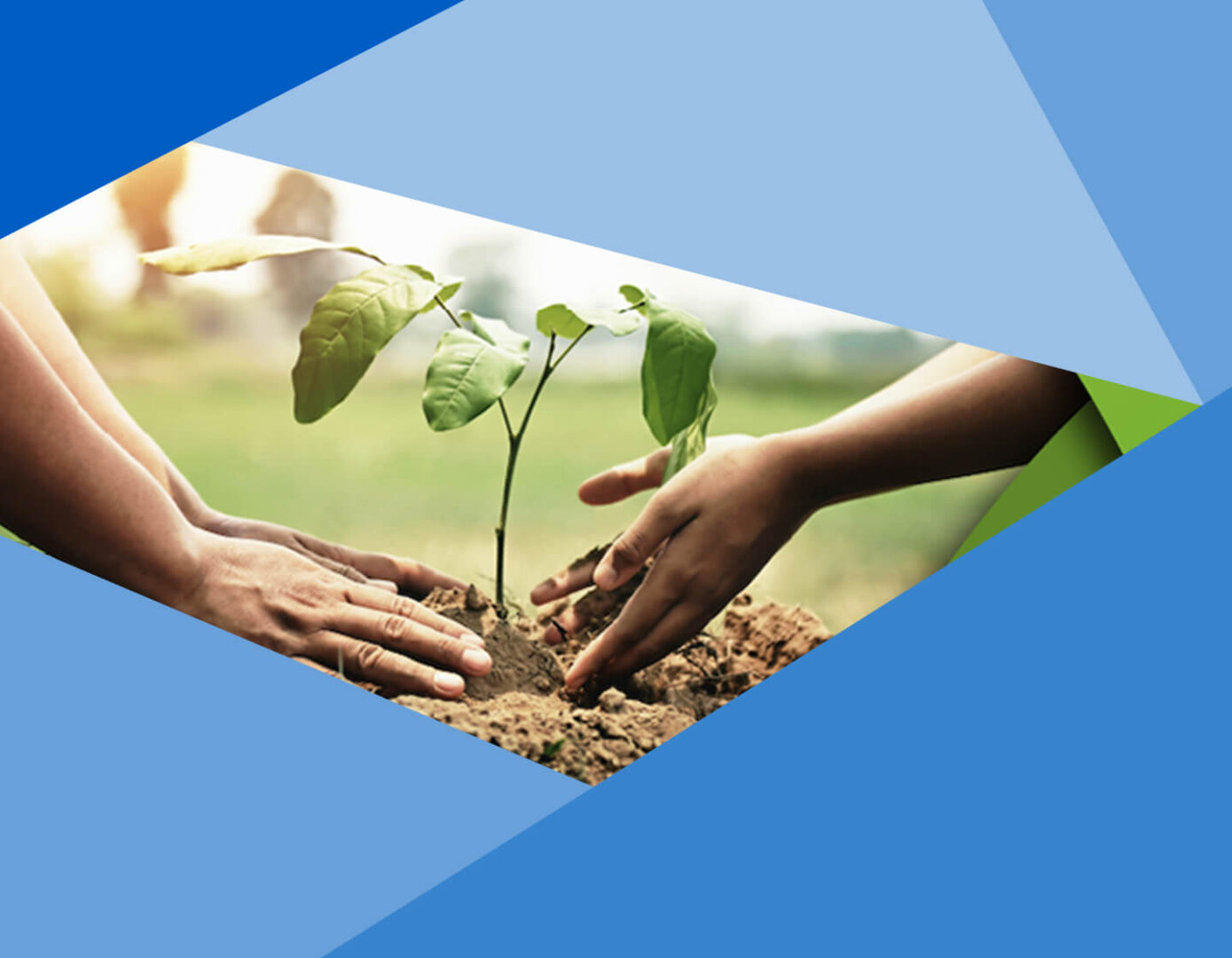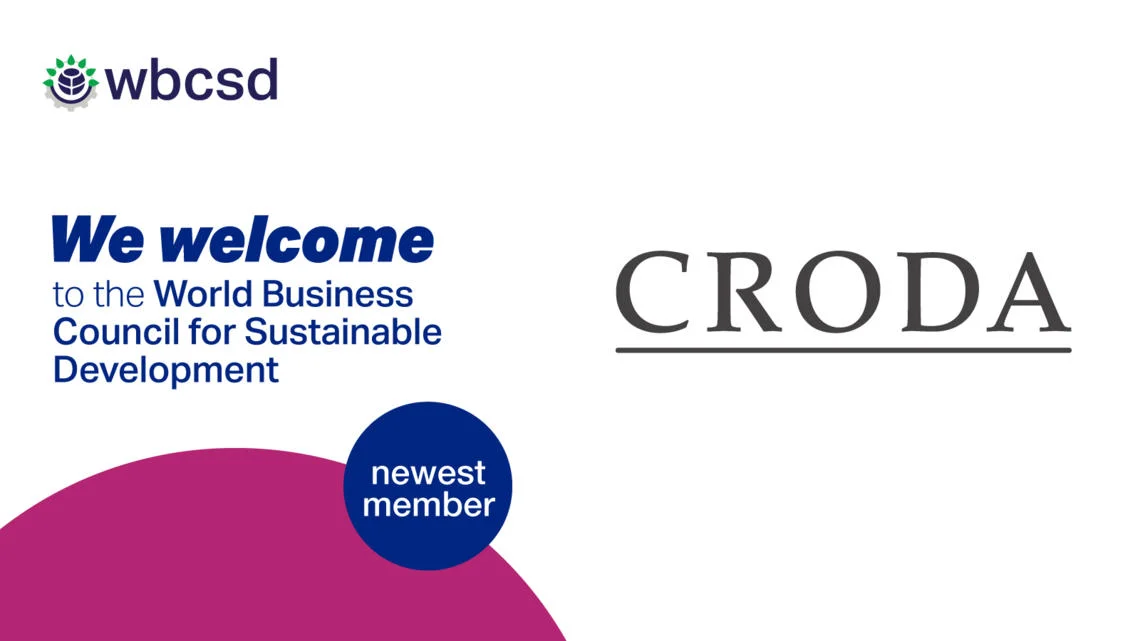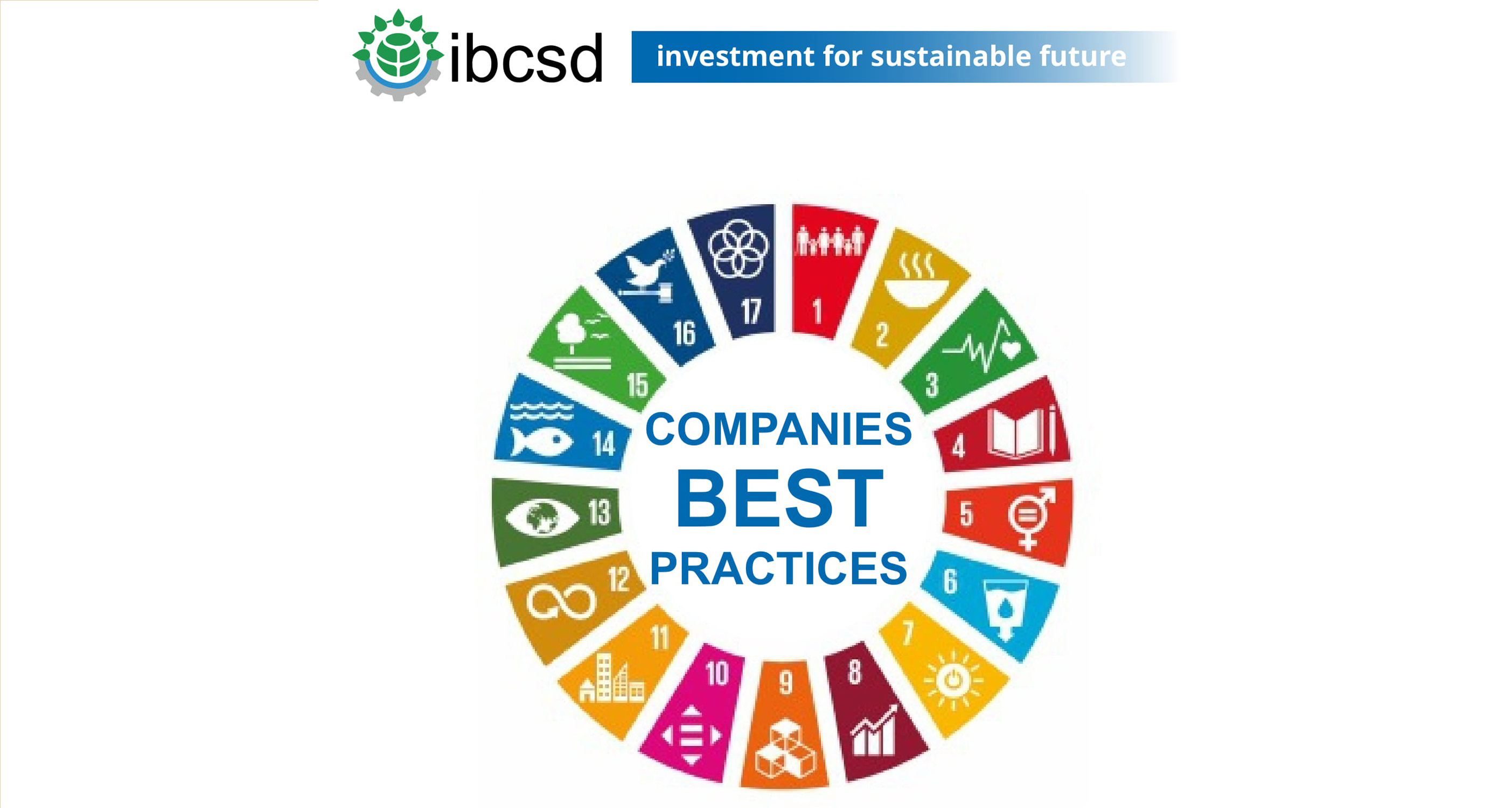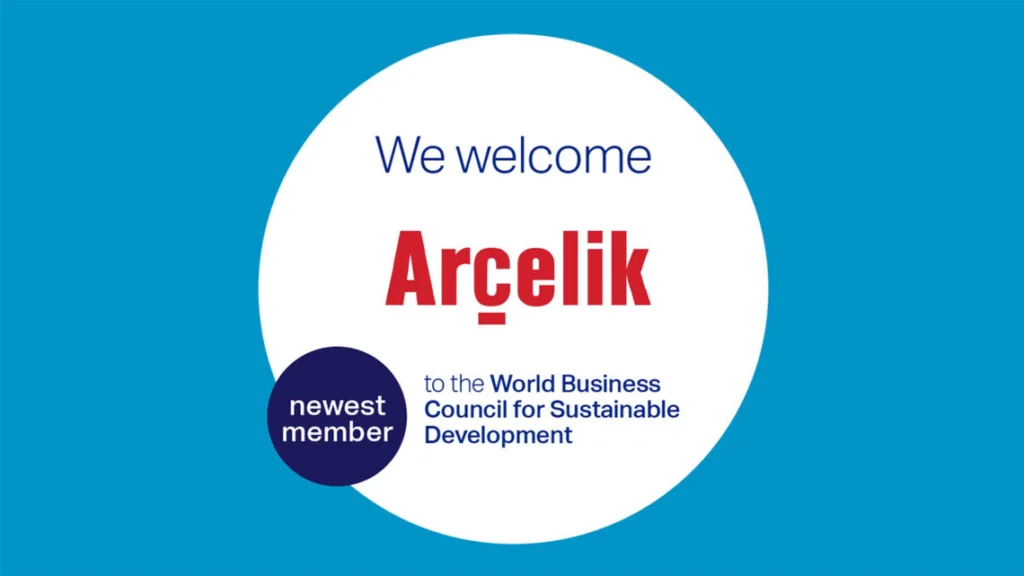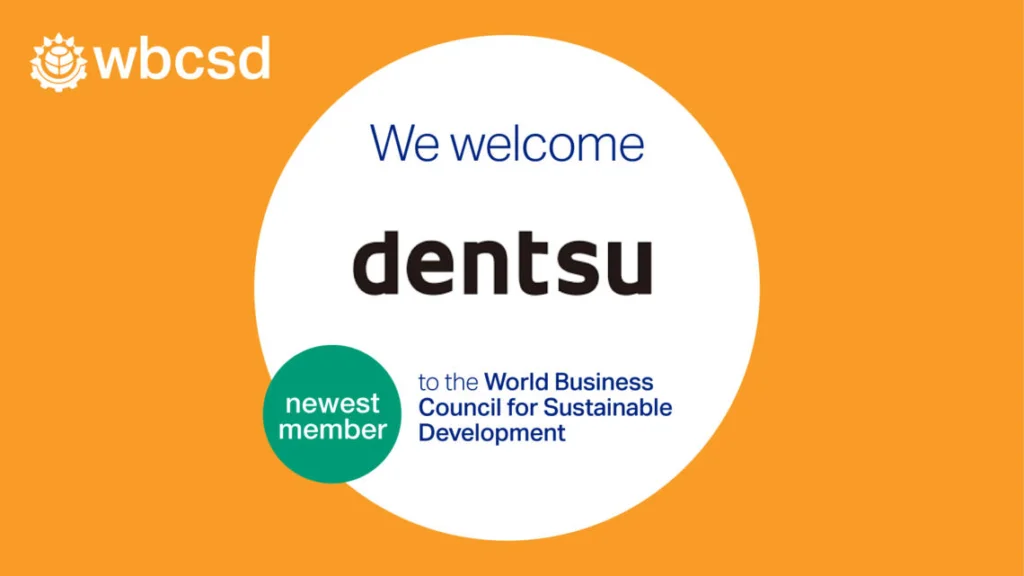World Business Council For Sustainable Development

Imagine a bustling conference room, sunlight streaming through the windows, illuminating faces from every corner of the globe. Business leaders, environmental activists, and policy makers, all united by a common thread: a deep-seated commitment to creating a more sustainable world. The air crackles with the energy of collaboration, of shared purpose, as these individuals grapple with the complex challenges and boundless opportunities that lie at the intersection of business and sustainability.
At the heart of this movement stands the World Business Council for Sustainable Development (WBCSD), an organization that serves as a vital platform for driving corporate action toward a more sustainable future. This article delves into the origins, purpose, and impact of the WBCSD, exploring its role in shaping business practices and contributing to a world where economic growth and environmental stewardship go hand in hand.
The Genesis of a Sustainable Vision
The WBCSD's story begins in the early 1990s, a time when the environmental movement was gaining momentum, and the need for businesses to address their impact on the planet was becoming increasingly apparent. In 1990, Swiss industrialist Stephan Schmidheiny, at the behest of the Business Council for Sustainable Development, published “Changing Course”, a landmark book that articulated a vision for businesses to play a central role in achieving sustainable development.
The book’s insights contributed to the 1992 Earth Summit in Rio de Janeiro. Following the summit, Schmidheiny, along with over 50 other business leaders, formally established the WBCSD in 1995 through a merger of the Business Council for Sustainable Development (BCSD) and the World Industry Council for the Environment (WICE).
The organization's founders recognized that sustainable development was not just an environmental issue but a fundamental business imperative. They envisioned a future where businesses would not only minimize their negative impacts but also actively contribute to solving some of the world's most pressing environmental and social challenges.
A Powerful Coalition for Change
The WBCSD operates as a CEO-led organization, bringing together over 200 of the world's leading companies across various sectors. These member companies represent a significant portion of the global economy and are committed to integrating sustainability into their core business strategies.
The organization's strength lies in its ability to convene diverse stakeholders, foster collaboration, and leverage the collective expertise of its members. By providing a platform for dialogue and knowledge sharing, the WBCSD helps businesses navigate the complexities of sustainability and identify opportunities for innovation and growth.
Through its various programs and initiatives, the WBCSD focuses on several key areas, including climate change, circular economy, natural capital, and social impact. They develop frameworks, tools, and guidelines to help businesses measure, manage, and improve their performance in these areas. For instance, their work on the circular economy promotes business models that minimize waste and maximize resource efficiency, while their initiatives on natural capital encourage companies to account for the value of ecosystem services in their decision-making.
Advancing the Sustainable Development Goals
The WBCSD plays a vital role in advancing the Sustainable Development Goals (SDGs), a set of 17 global goals adopted by the United Nations in 2015. These goals address a wide range of social, economic, and environmental challenges, including poverty, hunger, inequality, climate change, and biodiversity loss.
The organization recognizes that businesses have a crucial role to play in achieving the SDGs and actively encourages its members to align their strategies with these global targets. By integrating the SDGs into their operations, businesses can contribute to a more equitable and sustainable world while also creating new market opportunities and enhancing their long-term resilience.
The WBCSD provides its members with the tools and resources they need to understand the SDGs, identify relevant targets, and develop strategies for contributing to their achievement. They also track and report on the progress of their members, providing valuable insights into the impact of business action on the SDGs.
Collaborating for a Sustainable Future
Collaboration is at the heart of the WBCSD's approach. The organization actively seeks to partner with governments, NGOs, and other stakeholders to drive systemic change. They recognize that no single entity can solve the complex challenges of sustainability alone and that collective action is essential for achieving meaningful progress.
Through its collaborations, the WBCSD aims to create a supportive ecosystem for sustainable business practices. This includes advocating for policies that incentivize sustainable behavior, promoting the development of innovative technologies, and fostering a culture of transparency and accountability.
For example, the WBCSD works closely with governments to develop policies that promote a circular economy. They also partner with NGOs to address issues such as deforestation and water scarcity. By working together, these diverse stakeholders can create a more level playing field for sustainable businesses and accelerate the transition to a low-carbon, resource-efficient economy.
Challenges and Opportunities
Despite its significant contributions, the WBCSD faces several challenges in its pursuit of a sustainable future. One of the biggest challenges is the inherent complexity of sustainability itself. Integrating environmental and social considerations into business decision-making requires a holistic approach and a willingness to challenge traditional assumptions.
Another challenge is the need to overcome short-term pressures and prioritize long-term sustainability. Businesses often face pressure to maximize profits in the short term, which can make it difficult to invest in sustainable practices that may not yield immediate financial returns.
However, the WBCSD also recognizes that these challenges present significant opportunities for innovation and growth. By embracing sustainability, businesses can unlock new markets, reduce costs, improve their reputation, and attract and retain talent. Moreover, businesses that proactively address sustainability risks are better positioned to thrive in a world that is increasingly defined by environmental and social constraints.
The WBCSD helps its members navigate these challenges and capitalize on these opportunities by providing them with the knowledge, tools, and networks they need to succeed. They also advocate for policies that create a more level playing field for sustainable businesses and encourage investors to consider environmental and social factors in their investment decisions.
Looking Ahead: A Future of Sustainable Business
The WBCSD's vision for the future is one where sustainable business practices are the norm, not the exception. They believe that businesses can be a powerful force for good and that they have a responsibility to contribute to a more equitable and sustainable world.
To achieve this vision, the WBCSD is committed to continuing its work of convening diverse stakeholders, fostering collaboration, and providing its members with the tools and resources they need to succeed. They are also focused on advocating for policies that support sustainable business practices and encouraging investors to consider environmental and social factors in their investment decisions.
As we move forward, the WBCSD's role in shaping a more sustainable future will only become more critical. By working together, businesses, governments, NGOs, and individuals can create a world where economic growth and environmental stewardship go hand in hand, ensuring a brighter future for generations to come.

